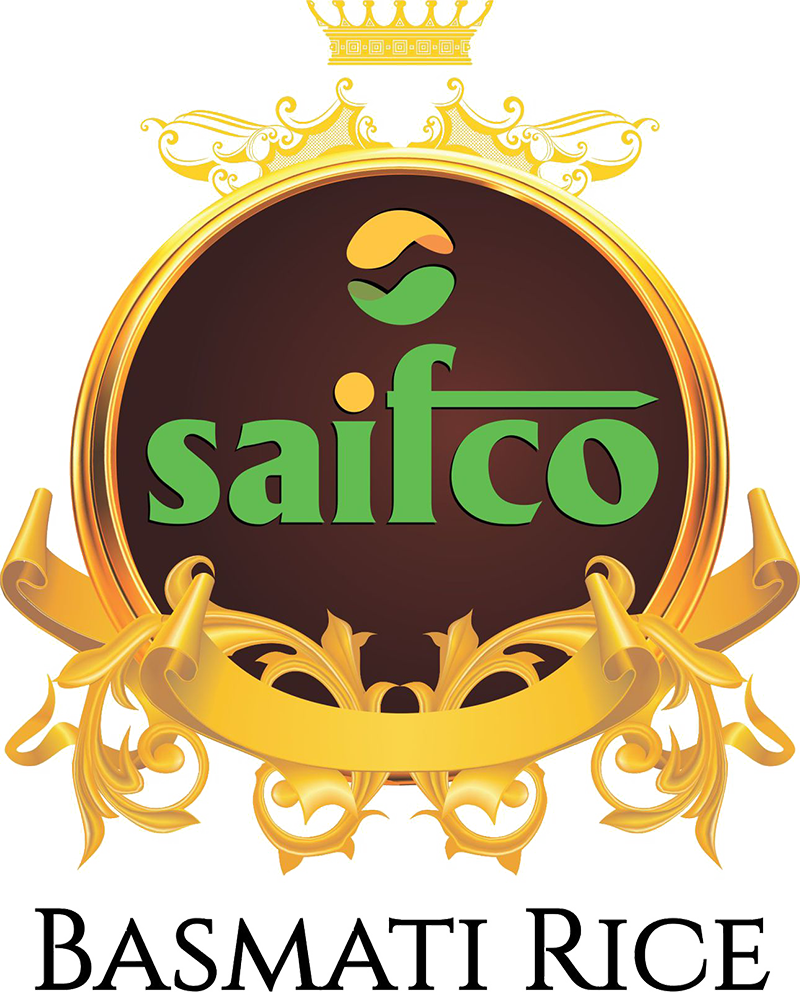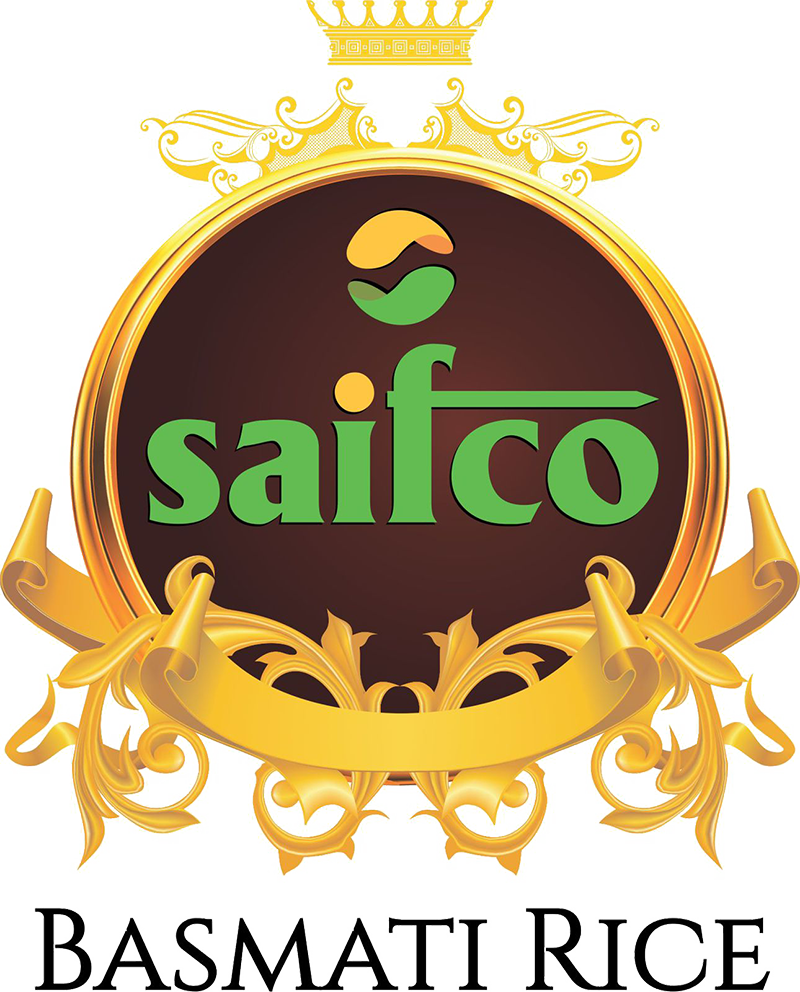Why Is Basmati Rice So Popular in International Markets?
Basmati rice is treasured everywhere for its trademark long grains, wonderful aroma, and unparalleled taste. It is the most popular variety of rice all over the globe. Basmati rice is grown in the Indian subcontinent, mostly in the Himalayan region. Its fame goes beyond borders and is widely used in many international cuisines. But why is Basmati rice so famous in global markets?
Let us delve into the key reasons behind the reputation that Basmati Rice seems to enjoy.
Unique Characteristics of Basmati Rice Exporters in India
1. Distinct Features: The first reason why Basmati rice is loved all over the world is due to its distinct aroma. The word “Basmati” stems from the Sanskrit term “Vasumat,” which translates to “fragrant” or “aromatic.” Its particular fragrance, unlike all other varieties of rice, is unparalleled. The grain's long, narrow shape allows it to remain separate after cooking, making it an ideal accompaniment for many dishes. Instead of fluffy and sticky like most other types of rice, Basmati rice is light and aromatic which is how it distinguishes itself from the rest of the rice types.
2. Great For Different Types of Menus: Basmati rice is popularly used across the world in many different forms if cuisines. From biryanis to Persian pilafs, Basmati rice has an important place in almost every rice-based dish. Basmati rice is ideal for cooking because, in addition to herbs, spices, and seasonings, it readily absorbs flavors while keeping its unique texture. The popularity of Basmati rice opened a whole new market for international cuisine. Because of this inherent quality, Basmati rice has become a necessity in fine dining restaurants and is in high demand in most parts of the globe.
3. Health Benefits of Basmati Rice: Along with its unique taste, Basmati Rice is also known for having many health benefits. It can be used for managing diabetes because its glycemic index is lower than other types of rice. Moreover, it is easily digestible and has higher amounts of fiber. There is an increase in the consumption of Basmati rice in the West because, as consumers focus on their health, they seek higher-quality nutritious food, and Basmati has increased in popularity due to its nutritional value.
4. Sustainability and Ethical Farming Practices: In recent years, consumer preference has shifted towards food that is both ethically produced and sustainably sourced. Farms that grow Basmati rice in India can maintain eco-friendly sites and combine them with traditional farming techniques. Basmati rice is associated with low use of chemically made fertilizers and pesticides, which is ideal for green consumers and people looking for organic food. These advancements allow Basmati rice to have a competitive edge in international trade since it is known for using these types of sustainable farming practices.
5. Basmati Rice Production Powerhouse of India: India remains the top producer and exporter of Basmati rice, producing nearly 70% of the rice. This follows India’s dominance in Basmati rice production as the fertile plains of the Indo-Gangetic region, aided by local farmers’ skills, produce rice that is of exceptional quality. In addition, Basmati rice requires rich soil, abundant water supply, and ideal climatic conditions, and India is known to possess all of it. The prominence of India as a Basmati rice producer is also one of the reasons why Indian Basmati rice is in high demand in international markets.
6. Recognition in the Market: The country’s increased importance to Basmati rice production has allowed them to participate more actively in the global rice market. Basmati rice is sold in bulk to the United States, United Kingdom, and Middle East, and South East Asian countries as they consume a lot of rice. Because of this, rice basmati grains are now heavily supplied on international markets as a tremendously high and underpriced quality commodity. As exports increase, so does the recognition of Indian basmati rice in foreign markets, and with this its popularity as a choice among consumers.
7. Regulatory Support and Recognition: The Indian Government has taken necessary steps to invest in and guarantee the standards of quality of Basmati rice through regulations and certifications like the Geographical Indication (GI) tag. The tag ensures that only Basmati rice cultivated in certain areas will have it, thus preserving authenticity and quality. This certification was very important in preventing the misbranding of Basmati rice with how consumers from international markets appreciate the product’s authenticity and origins.
These are some of the major points that make the basmati rice the best choice for many international people.
Wrapping Up!
To sum up, the unmatched global popularity of Basmati rice is attributed to its distinct features, ease of cooking, health aspects, and India’s monopoly in its cultivation. The expanding international rice market and the ever-increasing demand for good quality aromatic rice make Basmati rice a premium selection for sophisticated consumers across the globe.
As one of the Basmati Rice Exporters from India, companies such as Saifco Basmati Rice are at the forefront of meeting this international need by consistently providing super quality rice as well as letter sustainable farming.




